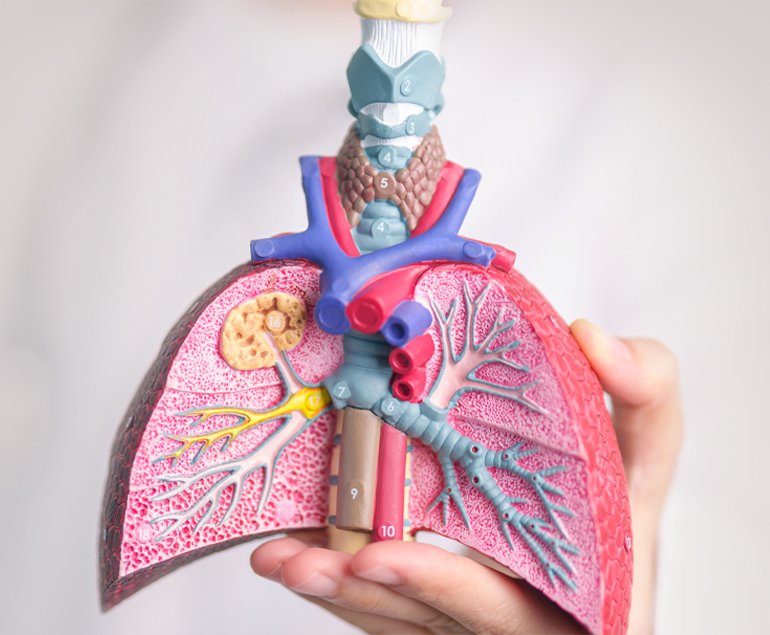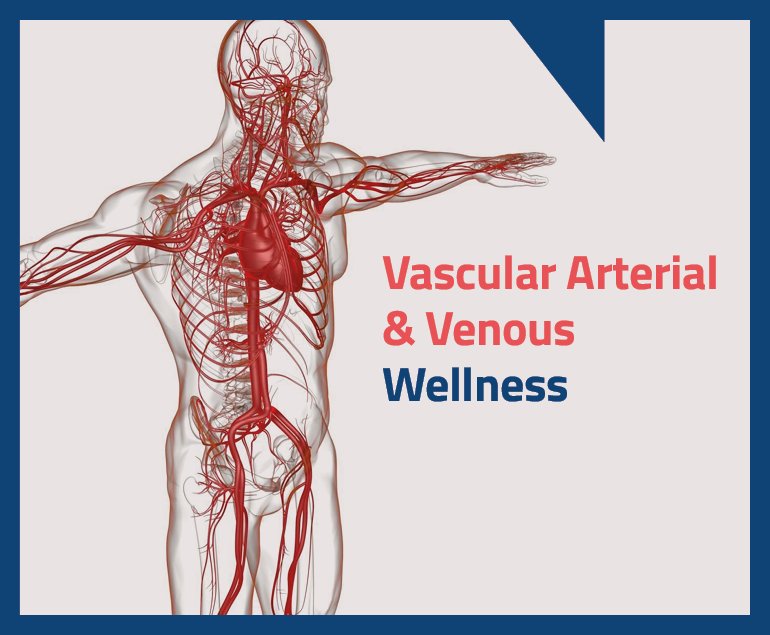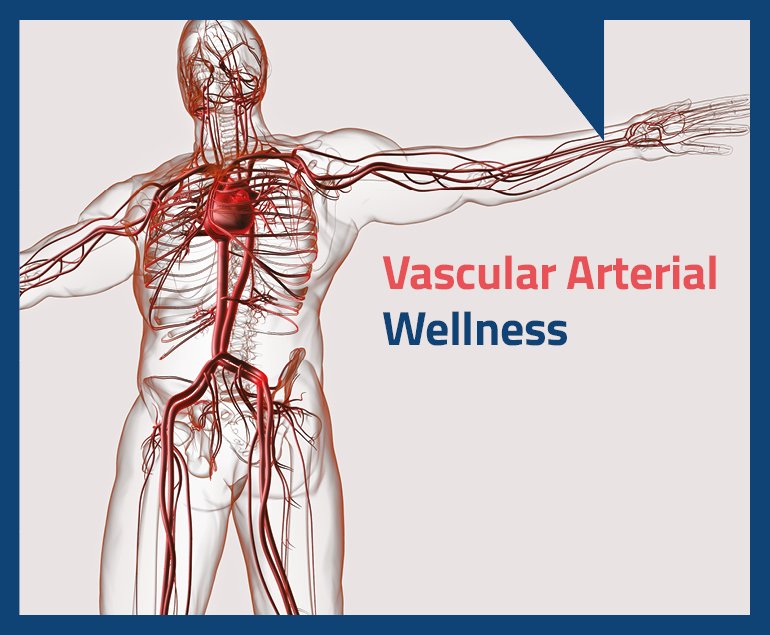Overview of Thoracic Surgery at Northern Heart Hospital
At Northern Heart Hospital, thoracic surgeons, often collaborating with cardiac specialists, undertake operations on the heart, lungs, oesophagus, major blood vessels, and the chest’s bony and tissue structures. They oversee all aspects of these procedures, fostering close relationships with patients and their families, particularly during emergencies like heart attacks. Primarily addressing lung cancer, lung disease, and chest wall disorders, these surgeons possess expertise in preoperative assessment, surgical planning, and postoperative care. They provide minimally invasive procedures, such as video-assisted thoracic surgery (VATS), which can mitigate risks, shorten hospital stays, and expedite recovery. Our seasoned thoracic surgeons employ advanced techniques to ensure outstanding patient outcomes.
Experienced Thoracic Surgeons in the region at Northern Heart Hospital
Prof. Dato' Dr Abu Yamin Bin Khamis
Prof. Dato’ Dr. Hj Basheer Ahamed Bin Abdul Kareem (BCN, DSPN)
What conditions are involved in thoracic surgery?
Thoracic surgeons specialise in the surgical treatment of organs inside the thorax (the chest), primarily the heart, lungs, and oesophagus. Here are some common symptoms that might require intervention by thoracic surgeons:
Respiratory Symptoms
Chronic Cough: Persistent coughing that lasts more than a few weeks and does not respond to standard treatments.
Hemoptysis: Coughing up blood, which can be a sign of lung cancer, bronchiectasis, or tuberculosis.
Shortness of Breath: Difficulty breathing or unexplained shortness of breath that affects daily activities.
Chest Pain: Severe or persistent chest pain, especially if associated with breathing or coughing.
Wheezing: A high-pitched whistling sound when breathing, which may indicate an obstruction in the airway.
Cardiovascular Symptoms
Angina: Chest pain or discomfort due to coronary artery disease.
Palpitations: Irregular heartbeats or sensations of rapid, pounding heartbeats.
Syncope: Fainting or sudden loss of consciousness, which may be related to heart problems.
Digestive Symptoms
Dysphagia: Difficulty swallowing, which can be a symptom of oesophageal disorders.
Regurgitation: Backflow of food or liquid into the mouth, potentially indicating oesophageal issues.
Severe Acid Reflux: Persistent gastroesophageal reflux disease (GERD) not relieved by medications.
General Symptoms
Unexplained Weight Loss: Significant weight loss without a known cause.
Fatigue: Persistent fatigue that affects daily activities.
Swelling: Swelling of the face, neck, or arms, which can indicate superior vena cava syndrome.
Persistent Fever: A fever that does not go away, especially when accompanied by other symptoms.
Specific Conditions
Lung Nodules or Masses: Detected on imaging studies, which may require biopsy or removal.
Pleural Effusion: Accumulation of fluid in the pleural space, causing breathing difficulties.
Pneumothorax: Collapsed lung, causing sudden chest pain and shortness of breath.
Aneurysms: Enlargements of the thoracic aorta that require surgical repair.
Congenital Thoracic Malformations: Structural abnormalities present at birth that may require correction.
These symptoms can be indicative of various thoracic conditions that may need surgical evaluation and intervention.
Thoracic Surgeries performed at Northern Heart Hospital
The following includes a list of the various types of thoracic surgeries performed at Northern Heart Hospital, addressing a range of conditions affecting the chest, lungs, and surrounding structures:
- Bronchoscopy
- Mediastinoscopy, Mediastinotomy
- Lung Cancer Resection – Lobectomy, Pneumonectomy
- Lung Tumour Resection
- Thymectomy for Myasthenia Gravis
- Mediastinal Tumour Excision
- Chest Wall Tumour Excision
- Sympathectomy for Hyperhidrosis (Sweaty Hands)
- Pneumothorax Surgery (Bullectomy, Pleurectomy, Pleural Abrasion, Pleurodesis)
- Pleural Effusion Surgery (Pleurodesis)
- Empyema Drainage and Decortication
- Video-Assisted Thoracoscopic (VATS) Surgery
- Non Open Heart Surgery
- Chest Reopen Thymectomy
- Sternal Wound Debridement
- Sternal Wire Removal
- Wound Debridement Limb
- Thoracotomy & Decortication
- VATS, Bullectomy and Pleurodesis kiv Thoracotomy
- VATS, Decortication kiv Thoracotomy
Minimally-Invasive Thoracic Surgery
At Northern Heart Hospital, common thoracic surgeries such as coronary artery bypass grafting (CABG) and lobectomy can be conducted using either an open or minimally invasive approach. Open surgery involves a larger incision, whereas minimally invasive surgery utilises smaller incisions with a video camera inserted into the chest. Our surgeons employ long, small instruments to operate through these incisions, a technique known as video-assisted thoracic surgery (VATS) for the chest or laparoscopic surgery for the abdomen. Minimally invasive surgery can also be conducted with robotic assistance, wherein the surgeon controls a robot holding the instruments and camera. This approach aims to optimise patient care and comfort by reducing incision size, which can decrease surgical risks, shorten hospital stays, and expedite recovery.
Pre-Thoracic Surgery Screening and Consultation
At Northern Heart Hospital, your journey begins with a consultation where our expert surgeons meticulously review your medical records and history. During this initial assessment, you can expect:
- A comprehensive physical examination, encompassing thorough checks of your blood pressure, heart function, and lung health.
- Utilisation of state-of-the-art diagnostic tests, which may include advanced imaging such as X-rays, EKGs, or echocardiograms.
- Tailored recommendations for further diagnostic or therapeutic measures, specifically designed to address your unique medical needs.
- A detailed discussion about your forthcoming surgery, highlighting both its potential benefits and any associated health risks, delivered with the utmost clarity and transparency.
- Exploration of alternative treatment options, ensuring you are fully informed and empowered to make the best decisions for your health.
- Clear and concise instructions to facilitate your seamless transition into our care, including guidance on preparing for your hospital visit, procedure, and subsequent recovery.
Rest assured, at Northern Heart Hospital, our dedicated team of surgeons is committed to providing you with the highest standard of care and support throughout your surgical journey.
Depending on your specific procedure, blood tests may be necessary before thoracic surgery. For heart-related issues, additional tests such as imaging and heart function assessments may be required, while lung-related conditions may entail pulmonary function tests and imaging studies. Your healthcare provider may also utilise various methods to gather lung tissue samples and assess your risk of complications through physical activities. Following the review of these test results, your thoracic surgeon will devise a personalised surgical plan to address your needs.
Preparing for Thoracic Surgery
Depending on the nature of your surgery, blood tests may be necessary prior to thoracic surgery. If you have heart issues, additional tests may involve imaging or assessments of your heart rhythm and function, while lung-related procedures may require imaging and tests to evaluate lung function. Your healthcare provider may also perform tests to gather tissue samples from your lungs, including activities such as walking up stairs or walking for six minutes to assess your risk of complications. Following the review of your test results, your thoracic surgeon can then plan your surgery.
To prepare for thoracic surgery, follow these steps:
- Inform your healthcare provider about all medications you take, including over-the-counter ones.
- If instructed by your provider, discontinue certain medications a few days before surgery.
- Quit using tobacco products at least a month before lung surgery to reduce the risk of wound complications.
- Abstain from eating and drinking at the specified time on the day of or night before surgery.
- Develop a plan for your recovery, including arranging transportation and having someone stay with you for a few days.
- Given the recovery time required after thoracic surgery, consider preparing and freezing meals in advance for convenience during your recovery period.
During and Post-Thoracic Surgery Procedures
During
Following the administration of anaesthesia via an intravenous (IV) drip to induce sleep, a breathing tube will be inserted. Additionally, depending on the type of thoracic surgery, a machine may assist in managing the functions of your heart and lungs during the procedure.
Our surgeons will:
- Make necessary incisions using either traditional or minimally invasive methods. Your surgeon may opt for a sternotomy, cutting through your breastbone, or a thoracotomy, which involves incisions between your ribs to access the targeted area.
- Perform repair, removal, and/or replacement of the affected organ or body part.
- Monitor for any bleeding.
- Close all incisions.
After
Following thoracic surgery:
- You will regain consciousness in a recovery room or intensive care unit.
- The breathing tube will be removed by a healthcare provider.
- Tubes may be present in your chest for drainage purposes, and a catheter in your bladder to collect urine.
- Upon your healthcare provider’s assessment that you are ready, you will be transferred to a standard hospital room.
- Once deemed feasible, you will be assisted in walking around your room and corridor.
- Breathing exercises may be prescribed to aid in lung expansion.
- Upon achieving the recovery milestones set by your healthcare provider, you will be discharged home.
Risks and Safety Measures of Thoracic Surgery
Thoracic surgery, while often necessary for treating various conditions, carries certain inherent risks. These risks encompass the potential for:
- Infections, such as pneumonia, which can arise post-surgery and require vigilant monitoring and prompt intervention to mitigate.
- Lung collapse, a complication that may occur due to factors like prolonged anaesthesia or underlying lung conditions, necessitating careful management during and after the procedure.
- Formation of blood clots, posing a risk of embolism or other serious complications, thus requiring preventive measures and proactive monitoring.
- Development of depression, which can emerge in response to the stress and challenges associated with the surgical process, highlighting the importance of comprehensive post-operative care and support.
- Abnormal heart rhythms, a possibility particularly in patients with pre-existing cardiac conditions, emphasising the need for close cardiac monitoring and specialised interventions as necessary.
- Heart failure, a rare but serious complication that underscores the critical role of experienced surgical teams equipped to manage complex cardiac issues during thoracic procedures.
- Pulmonary oedema, characterised by lung swelling, necessitating vigilant post-operative monitoring and interventions to maintain optimal respiratory function and prevent further complications.
At Northern Heart Hospital, our thoracic surgeons are renowned for their expertise and dedication to delivering exceptional care. With their extensive experience and advanced skill set, they are adept at mitigating these risks through meticulous pre-operative planning, precise surgical techniques, and comprehensive post-operative management. Patients can trust in the exceptional capabilities of our surgical team to navigate any potential complications with skill, compassion, and unwavering commitment to patient well-being.
Lifestyle Changes following Thoracic Surgery
Eating and Drinking
After thoracic surgery, you can typically resume your pre-surgery diet unless advised otherwise by your healthcare provider. A balanced diet rich in calories and protein aids in the healing process, so include protein sources like meat, fish, or eggs in each meal, along with fruits, vegetables, and whole grains. Hydration is key; opt for alcohol- and caffeine-free liquids, aiming for 2 to 2.5 litres daily to maintain proper hydration levels.
Exercising Your Lungs
Exercising your lungs to ensure full expansion is crucial for preventing pneumonia. Utilising a spirometer to measure ventilation, which tracks the movement of air into and out of the lungs, is recommended. Additionally, practising coughing and deep breathing exercises is beneficial. A member of our care team will provide guidance and instruction on these techniques.
Managing Fatigue
Following surgery, experiencing decreased energy levels is common, and recovery duration varies individually. Gradually increase daily activities while ensuring adequate rest periods, as rest is essential for recovery. Avoid daytime napping to aid in normalising sleep patterns, and consider taking a shower before bedtime and adhering to prescribed pain medications for improved sleep quality. Pay attention to your body’s signals to avoid overexertion, adjusting activity levels accordingly, and plan activities during times of heightened energy.
Physical Activity and Exercise
Upon discharge from the hospital, although your incision may appear healed externally, internal healing takes longer. During the initial 3 weeks post-surgery, it’s advised to refrain from lifting anything heavier than 4.5 kilograms, engaging in high-energy activities such as jogging or tennis, or participating in contact sports like football. However, incorporating aerobic exercises such as walking and stair climbing into your routine can aid in building strength and enhancing recovery. Aim to walk at least 2 to 3 times daily for 20 to 30 minutes, either outdoors or indoors at a local mall or shopping centre. As energy levels may be lower than usual, gradually increase activity levels each day while ensuring adequate rest periods, as rest plays a crucial role in the recovery process.
Smoking
Avoid smoking during your recovery period as it can significantly impede the healing process. Smoking narrows blood vessels, reducing the oxygen supply to healing wounds, which can hinder the healing process and lead to complications. Additionally, smoking may exacerbate breathing difficulties and hinder engagement in regular activities. It’s vital to steer clear of smoky environments, and your nurse can provide guidance on managing interactions with smokers or situations where smoke is present.
Thoracic Surgery – Frequently Asked Questions
Related Heart Screening Package
Minimally invasive thoracic procedures involve smaller incisions and the use of specialised instruments and techniques, such as video-assisted thoracoscopic surgery (VATS) and robotic-assisted surgery. These procedures typically result in less pain, shorter hospital stays, and quicker recovery times compared to traditional open surgery.
VATS is a minimally invasive surgical technique used to diagnose and treat conditions within the chest. It involves the use of a thoracoscope (a small camera) and specialised instruments inserted through small incisions. VATS can be used for lung resections, biopsies, and treating pleural conditions.
A lobectomy is the surgical removal of one of the lobes of the lung. It is commonly performed to treat lung cancer and other localised lung diseases. The procedure can be done through traditional open surgery or minimally invasive techniques like VATS.
Recovery from thoracic surgery varies depending on the type of procedure performed. Minimally invasive procedures often result in shorter recovery times. Patients may experience pain and discomfort, which can be managed with medication. Breathing exercises and physical therapy may be recommended to aid recovery. Full recovery can take several weeks to a few months.
Related Health Blogs
Living With A 100% Blocked Heart Artery Doesn’t Mean Game Over
Being told you have a 100% blocked heart artery can feel overwhelming, but it does not mean the end …
Best New Year Resolutions for Health: Putting Your Heart First
The New Year is the perfect time to prioritise what truly matters. Discover why advanced heart scree…
Vascular Screening: Saving Lives and Limbs through Early Detection
Vascular disease often develops silently until serious complications arise. Northern Heart Hospital …
Schedule An Appointment
Discover top-notch cardiac care with Northern Heart’s skilled Thoracic Surgeons. Schedule an appointment today!






